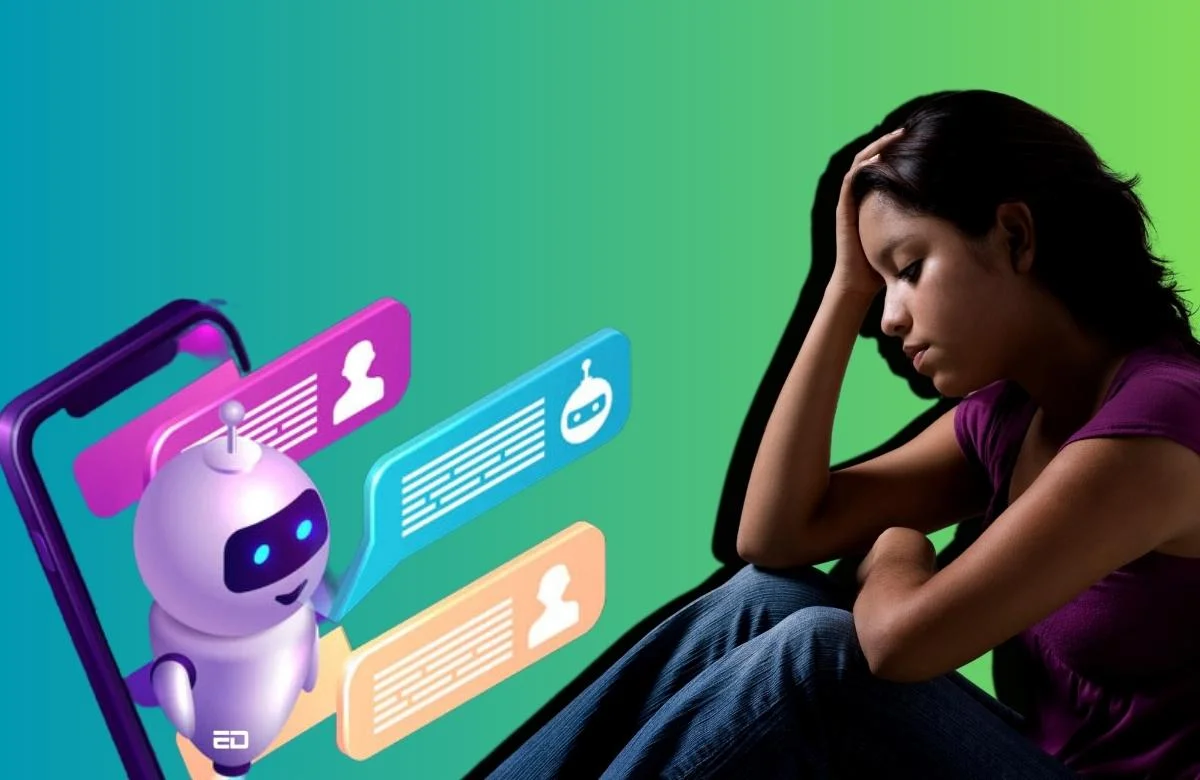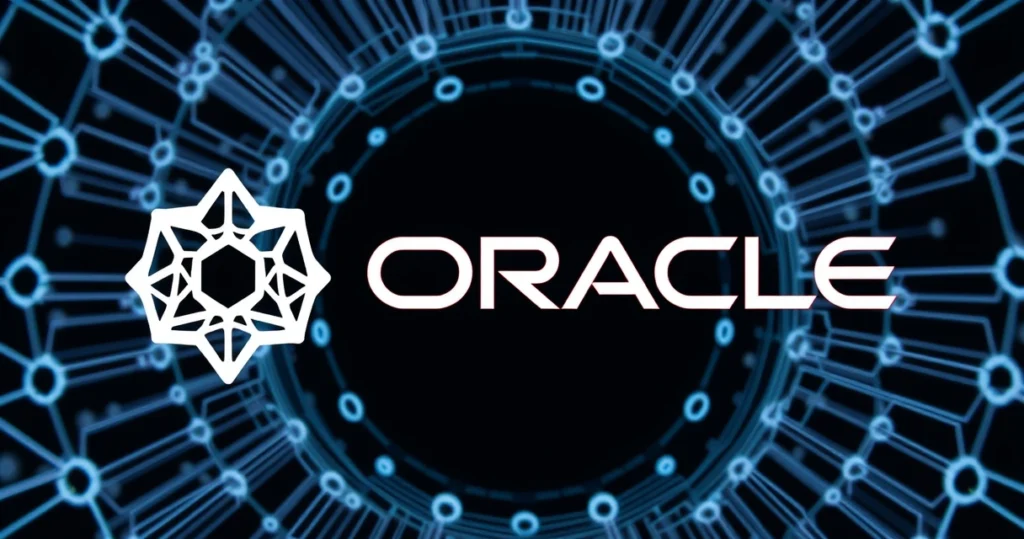As artificial intelligence (AI) continues to evolve, its applications have expanded into many sectors, including mental health support. ChatGPT, developed by OpenAI, has emerged as a popular tool for individuals seeking emotional support or a sounding board for their thoughts. However, recent statements from CEO Sam Altman have raised alarms about the potential legal risks associated with using AI for therapeutic purposes. He warns that the legal framework has not adequately kept pace with the rapid adoption of AI technologies, particularly in sensitive areas like mental health.

With millions reportedly turning to ChatGPT for emotional support, it is crucial to explore the implications of using AI in such intimate contexts. This article will delve into the potential benefits and risks associated with AI therapy, the legal landscape surrounding these technologies, and what users need to know before engaging in private conversations with AI platforms.
The Rise of AI in Emotional Support
The utilization of AI in providing emotional support has seen a significant rise, particularly in the wake of the COVID-19 pandemic. Many individuals have turned to platforms like ChatGPT to discuss their feelings, seek advice, or simply engage in conversation when human interaction is lacking. The convenience and anonymity offered by AI can be appealing, especially for those who may feel uncomfortable seeking help from traditional therapists.
Benefits of Using ChatGPT for Emotional Support
There are several advantages to using AI like ChatGPT for emotional support:
- Accessibility: ChatGPT is available 24/7, allowing users to engage at their convenience without the need for appointments.
- Anonymity: Users can communicate without revealing their identity, which may encourage more openness.
- Cost-effective: Utilizing AI for emotional support can be less expensive than traditional therapy sessions.
- Immediate responses: Users can receive instant feedback and responses to their queries, which can be helpful in moments of need.
Legal Risks of AI Therapy
Despite these benefits, using ChatGPT for emotional support is not without its challenges. Sam Altman has highlighted the lack of legal protections surrounding conversations held with AI. Unlike traditional therapists who are bound by confidentiality laws, conversations with AI do not have the same level of legal protection.
Privacy Concerns
One of the most pressing legal risks associated with AI therapy is privacy. Conversations with AI platforms can potentially be logged, analyzed, or even shared in ways that users may not fully understand. While companies like OpenAI implement measures to protect user data, the absence of strict regulations means that users may be exposing their personal thoughts and feelings without adequate protection.
Potential Liability Issues
In the event of a crisis or if a user acts on advice given by an AI, determining liability becomes complex. If a user were to harm themselves or others after engaging with ChatGPT, who would be held accountable? The ambiguity surrounding liability raises significant concerns about the ethical implications of AI providing emotional support.
Understanding the Legal Framework
The legal landscape surrounding AI and mental health is still developing. Currently, most jurisdictions do not have specific laws governing AI’s role in therapy. Existing regulations, such as HIPAA in the United States, primarily focus on human healthcare providers and may not extend to AI platforms.
The Need for Regulation
Experts are calling for a reevaluation of current laws to address the unique challenges posed by AI in mental health. Regulations that protect user data, ensure accountability, and set boundaries for AI interactions are critical. Without such measures, users remain vulnerable to risks that could undermine their emotional well-being.
What Users Should Know Before Using ChatGPT for Emotional Support
For individuals considering using ChatGPT or similar AI for emotional support, it is essential to proceed with caution. Here are some important points to consider:
- Understand the Limitations: AI is not a substitute for professional therapy. It lacks the capacity for human empathy and understanding that trained therapists provide.
- Be Aware of Privacy Risks: Avoid sharing sensitive personal information that could lead to privacy breaches.
- Seek Professional Help When Needed: If you are experiencing severe emotional distress or considering self-harm, reach out to a qualified mental health professional immediately.
- Monitor Your Emotions: Pay attention to how AI interactions affect your mental health. If you feel more anxious or uncomfortable, it might be time to reevaluate your usage.
- Stay Informed: Keep up to date with the evolving legal landscape regarding AI therapy to understand your rights and protections.
Frequently Asked Questions (FAQ)
1. Can ChatGPT replace a therapist?
No, ChatGPT cannot replace a trained therapist. While it can provide conversation and support, it lacks the qualifications and human empathy necessary for effective therapy.
2. Is my conversation with ChatGPT private?
Conversations with ChatGPT may not be private in the same way they would be with a therapist. OpenAI has measures to protect user data, but there are no legal protections similar to those for human therapists.
3. What should I do if I feel overwhelmed while using ChatGPT?
If you feel overwhelmed or distressed, it’s important to seek help from a qualified mental health professional instead of relying solely on AI for support.
4. Are there any legal protections for AI conversations?
Currently, there are limited legal protections surrounding conversations with AI. Regulations like HIPAA primarily cover human healthcare providers.
5. How can I ensure my emotional safety when using AI?
To ensure your emotional safety, avoid sharing sensitive personal information, monitor how the interactions affect your mental well-being, and seek professional help when needed.
Conclusion
The use of AI like ChatGPT for emotional support presents both opportunities and challenges. While it offers accessibility and anonymity, the legal risks associated with private conversations cannot be overlooked. Sam Altman’s warnings highlight the need for a robust legal framework to protect users and ensure that AI does not inadvertently harm those seeking help. As technology continues to advance, it is crucial for individuals to remain informed and cautious when engaging with AI for emotional support, understanding that it is not a substitute for professional therapy.
📰 Original Source
Este artigo foi baseado em informações de: https://tecnoblog.net/noticias/chatgpt-terapeuta-ceo-alerta-que-nao-ha-sigilo-legal-em-conversas-intimas/



